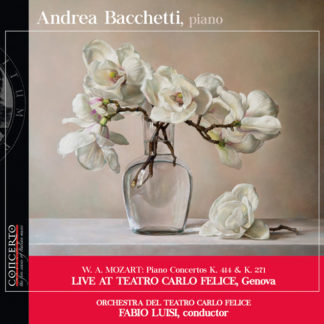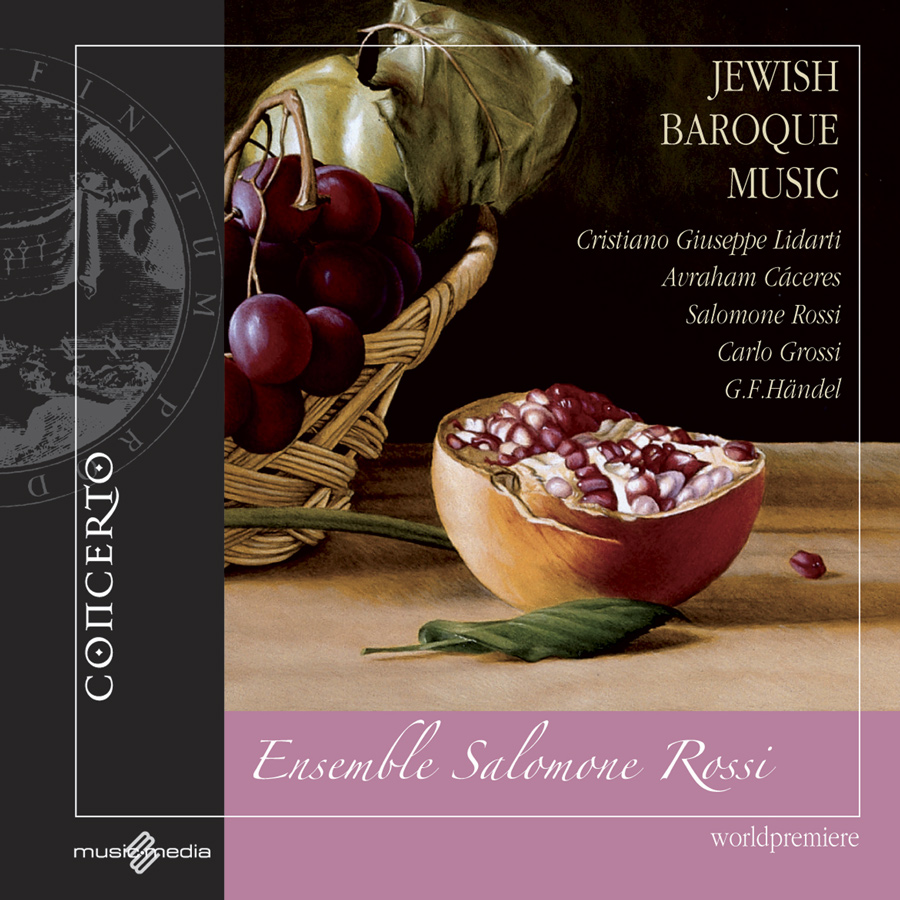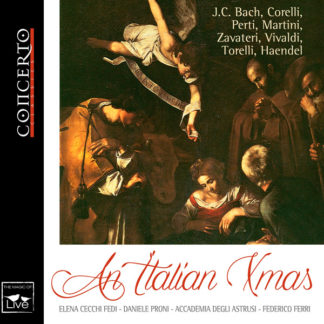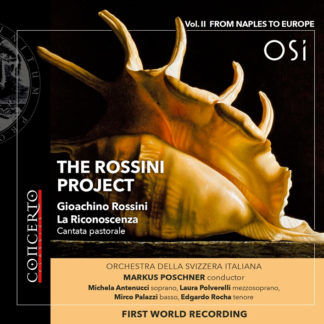From the seventeenth century onward, Jewish cultural life produced multiple examples of musical practices based on extra-Jewish models, such as the introduction of vocal and instrumental polyphony, but at the same time set in an unmistakably Jewish context. Such manifestations always have two elements in common: first, all compositions that have come down to us have Jewish life as a direct referent; festivals, circumcisions, anniversaries, and important events were highlighted by musical compositions commissioned by communities from musicians of various backgrounds. Second, it is evident that such compositions are based on stylistic features identical to those of the music of the surrounding non-Jewish world. This consideration allows us to draw an important conclusion, namely, the direct correspondence between the assumption of foreign musical language and the process of assimilation by Jews, in those areas where tolerance toward Jews was greatest, to the culture of the Renaissance and Baroque world. This phenomenon began precisely in Italy, thanks to the work of Solomon Rossi and the theoretical contribution of Leone da Modena.





